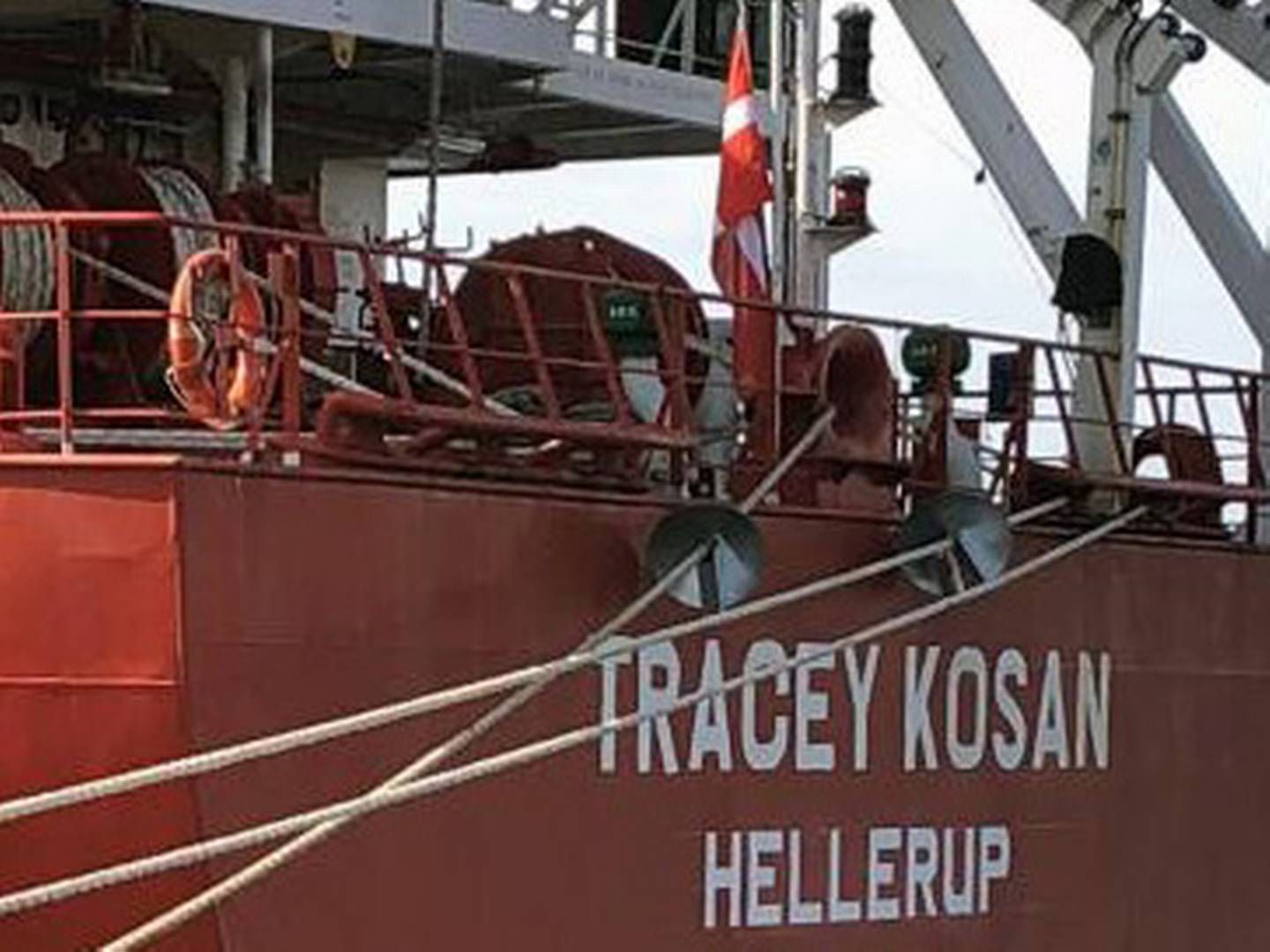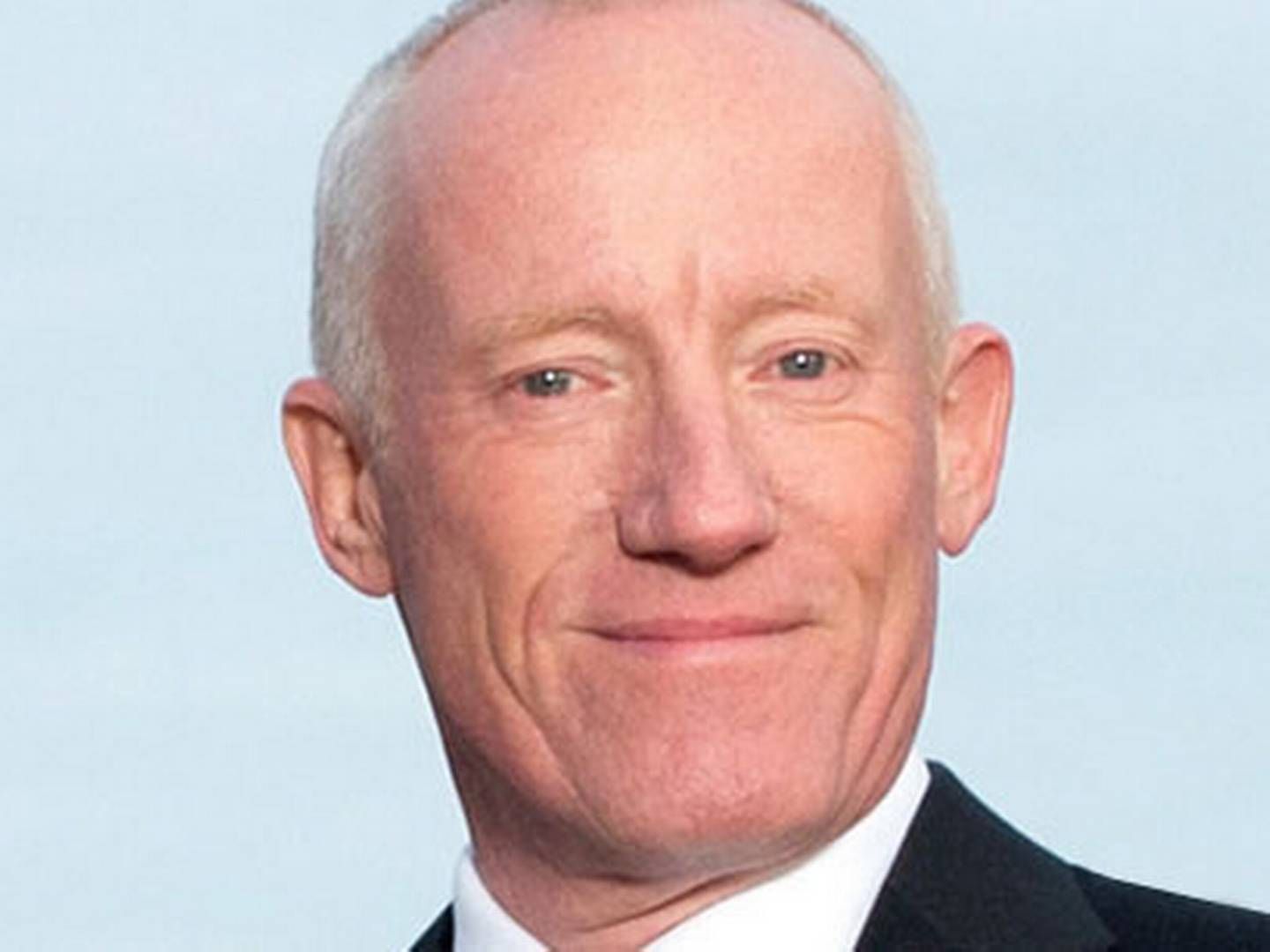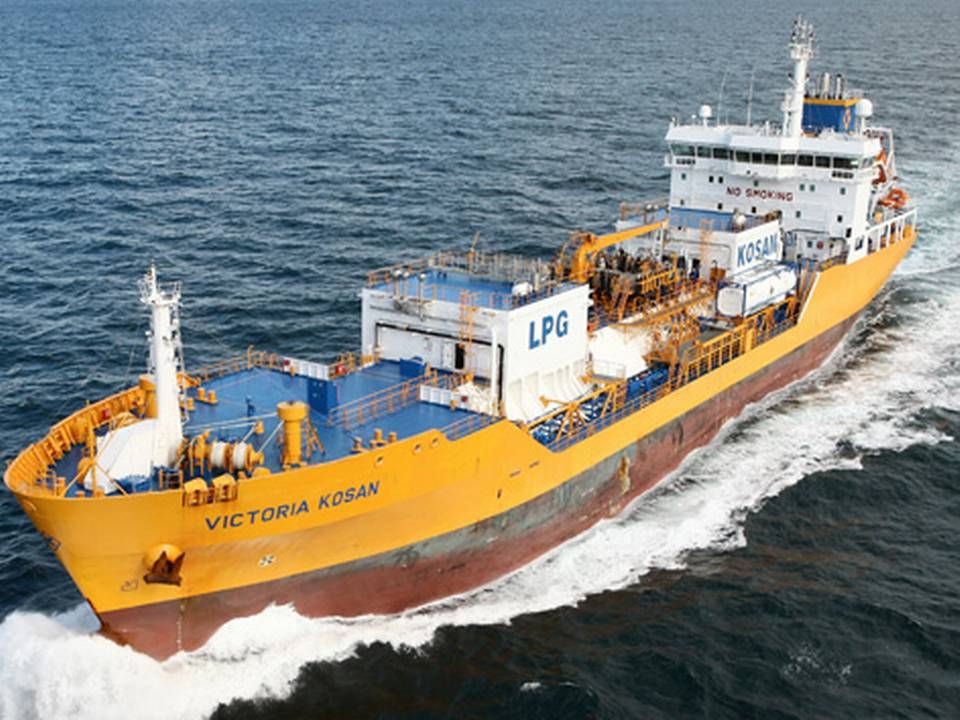Here is the cocktail that could prove a headache for J. Lauritzen

Uncertainty is never good for shipping – nor for economic development in general. But although the trade war between the US and China has caused some disturbance in the dry bulk market so far, the trade war is not J. Lauritzen CEO Mads Zacho's biggest worry.
The trade war may lead to a reduction in trade and a displacement of trade patterns, as competitor Norden pointed out recently, which is currently the case for soy bean exports. But Zacho's real headache in terms of the dry bulk market lies in two different places, he says in an interview with ShippingWatch in connection with Friday's financial reporting.
"My biggest worry is definitely that the US, which has performed really well financially in recent years, among other things, due to tax cuts, and where the economy is currently strong, ends up in a recession," says Zacho.
Too easy access to the market
The second worry concerns the ghost that often haunts the shipping industry in recovery times. When things are going well in a segment, such as the case is with dry bulk right now, new players start to enter the market and new vessels are ordered.
"I am definitely worried that access to new capital is once again too easy. And that will especially become a problem once favorable financing terms become available from, for example, China. It's too easy for companies without any significant shipping experience to borrow money, and that creates a lot of competition in the market," says Zacho.
Perhaps those factors will not create any problems immediately at a time where dry bulk is set to have one or two good years.
"But there's a risk of big cyclical fluctuations, as we have seen so many times before. Especially if both the recession and new tonnage hits the market at the same time," he says.
Profit in 2019
J. Lauritzen's report Friday showed a deficit on the operating result of USD 1.7 million, which is better than the same period last year but worse than this year's second quarter.
The carrier has previously announced that the aggregated result will become a profit for all of 2019, despite the fact that the second quarter of this year was the first profit the company has seen in years.
"We are still quite confident because we see contained order books for both our segments. The ships will be busier and we still expect slightly better rates," says Zacho.
J. Lauritzen recently hired a new CEO for its bulk division, which had been managed by Thomas Wøidemann in recent years. Wøidemann also heads the tanker division at Lauritzen Kosan.
From Dec. 1, Niels Josefsen will take over the position as head of Lauritzen Bulkers. According to Zacho, the two segments had reached a stage where they each needed their own CEO.
"We have dialed up our expectation in both dry bulk and gas tanker and are adding a little more horsepower. Therefore, we need two very focused and capable people in the lead that are able to develop our business, and that's what we're getting now," he says.
English Edit: Ida Jacobsen
J. Lauritzen expects improvement for dry bulk despite trade war
Related articles
J. Lauritzen has a new bulk CEO
For subscribers
J. Lauritzen loses supreme court case to MAN
For subscribers



















